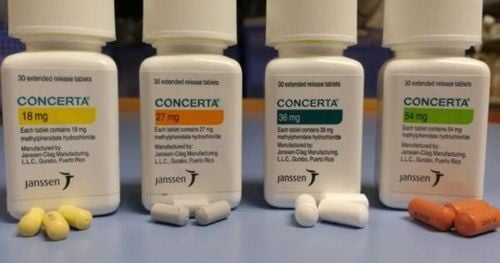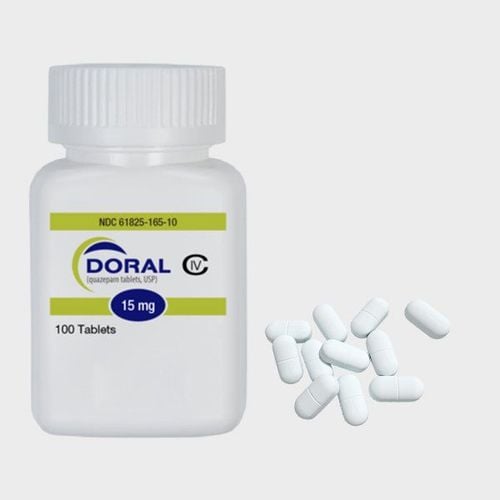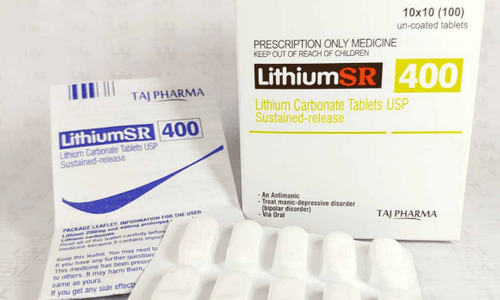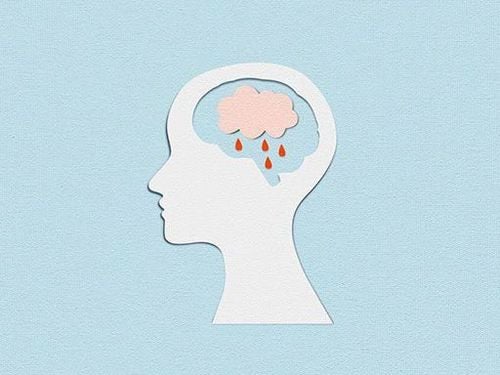This is an automatically translated article.
Depending on age, each person needs a certain amount of sleep to recover after a series of working activities. However, the older you get, the harder it is to fall asleep, and the less deep sleep you get. This affects more or less health and has many causes.
1. The role of physiological sleep
Anyone needs time off to let the body support the immune system to excrete harmful substances. The deeper the sleep, the more effective it is to complete the elimination of toxins in the body. A deep sleep, correct biological clock will create a feeling of comfort and health for us. Good sleep helps patients quickly recover health, helps nourish the skin, prevent the risk of falling, memory loss, limit the risk of stroke and a variety of other diseases, especially for the elderly.
A good night's sleep ensures the following factors:
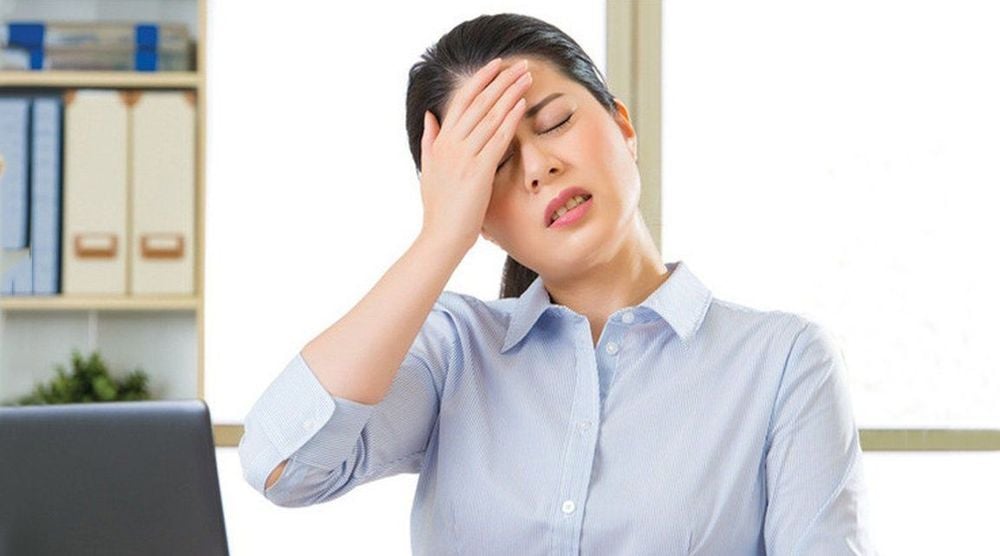
Giấc ngủ ngon giúp người bệnh nhanh chóng phục hồi sức khỏe, giúp nuôi dưỡng da, phòng ngừa nguy cơ giảm trí nhớ
Sleep lasts 7-9 hours per night Sleep enough, quality, deep sleep After waking up, the spirit feels comfortable, full of energy On the contrary, if you wake up, you still feel sleepy and difficult If you can't concentrate on work, you may have had poor sleep, not deep, sleep disorder.
2. Why is it difficult to sleep as you get older?
There are many reasons to explain why the older you get, the more difficult it is to fall asleep, or the elderly often have difficulty sleeping and not sleeping well with symptoms such as:
Spending a lot of time going to sleep Insufficient sleep Awake Waking up in the middle of sleep 3-4 times a night, even more Sleep in an uncomfortable state, not a quiet environment Sleep early and wake up very early Difficulty sleeping, not sleeping deeply in the elderly can be understood simply Simply put, as you age, your body changes, and these changes affect the amount and quality of sleep. Depending on a person's specific condition and health, one or more of the following factors can affect sleep as you get older:
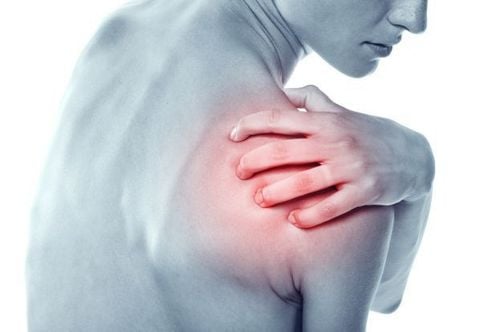
Tình trạng viêm khớp gây đau có thể làm bạn khó ngủ
The change in the hormone Melatonin makes it more difficult for older people to fall asleep. Because the hormone Melatonin, also known as the night hormone, is produced around the time of sunset, increases at 2-4 am, and then decreases when daylight appears. Melatonin plays a role in setting and regulating the circadian clock in the brain, regulating the natural sleep of humans. As we age, the specialized cells responsible for sleep are lost, leading to sleep not being as deep as before. Menopause causes many hormonal changes in women, leading to sweating, other symptoms, and causes of difficulty sleeping as they age. Elderly people face health conditions that are no longer good, such as: when young. Chronic diseases that interfere with normal sleep such as: Arthritis causes pain that makes it difficult to sleep Conditions such as diabetes, an enlarged prostate cause you to urinate frequently at night, disrupting sleep Heart disease , high blood pressure, cardiovascular disease causing sudden awakening, shortness of breath or changes in heart rate affecting sleep Parkinson's disease, Alzheimer's disease, other mental illness causing anxiety, restlessness making it difficult to fall asleep, not deep sleep. Lifestyle changes in the elderly also cause sleep problems: Lack of exercise Napping more than 20 minutes, will make it difficult to fall asleep at night Using a lot of stimulants such as alcohol, beer, coffee Coffee, tobacco... Using drugs to treat diseases that affect sleep
3. Harm of sleep difficulty, lack of sleep
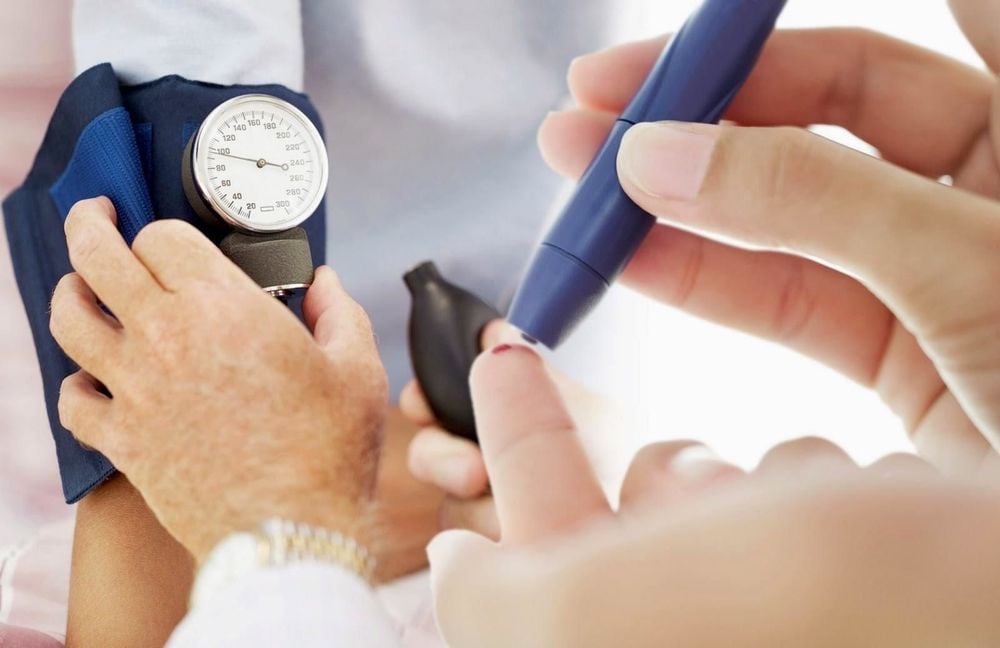
Thiếu ngủ cũng làm tăng nguy cơ đái tháo đường
Scientists have proven that people who often lose sleep, or sleep less than 5 hours a night will have a high risk of high blood pressure, cardiovascular problems, especially for adults. year old. Lack of sleep also increases the risk of obesity, diabetes, depression and leads to bad habits such as smoking, drinking alcohol during insomnia. Insomnia, poor sleep, and lack of sleep also pose a potential risk of causing the brain to lose focus, lose temper, become irritable, irritable...
4. Overcome sleep problems, insomnia
To solve sleep problems, insomnia in the elderly, you should:
When the condition of sleeplessness or insomnia persists, you should see a doctor for treatment orientation and sleep adjustment. Thereby determining the exact cause of difficulty sleeping, insomnia due to mental state or chronic disease ... It is necessary to have a reasonable diet to regulate sleep effectively such as abstaining from stimulants such as: alcohol , beer, cigarettes, pipe tobacco, coffee, strong tea in the afternoon and evening Regular gentle exercise daily The bedroom needs to be cool, clean, quiet to help fall asleep easily and with quality more quantity. Difficulty sleeping, insomnia should not be prolonged, if self-healing is not effective, the patient needs the advice of a doctor to solve. Vinmec International General Hospital with a system of modern facilities, medical equipment and a team of experts and doctors with many years of experience in medical examination and treatment, patients can rest assured to visit. and hospital treatment.
Please dial HOTLINE for more information or register for an appointment HERE. Download MyVinmec app to make appointments faster and to manage your bookings easily.
SEE MORE
How to sleep well? Chronic Insomnia: Don't Endure Insomnia: Why Is It So Hard to Treat?





